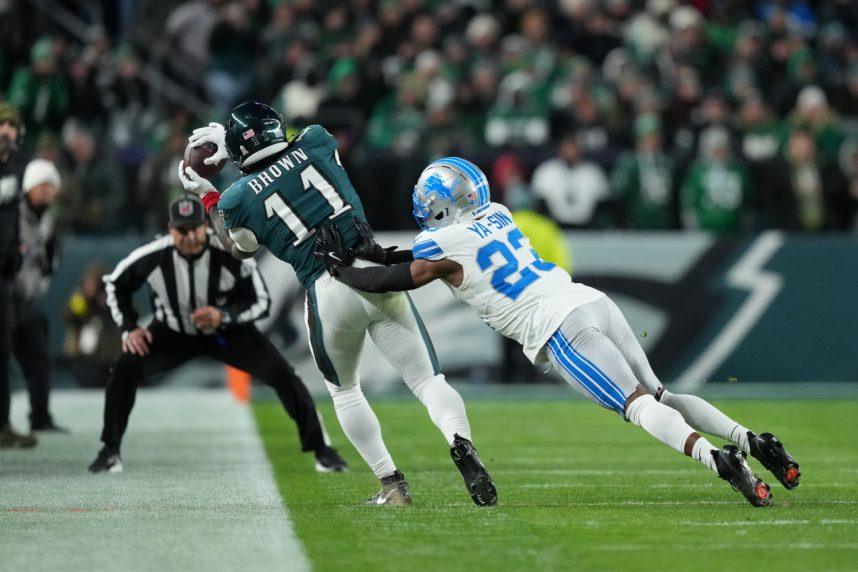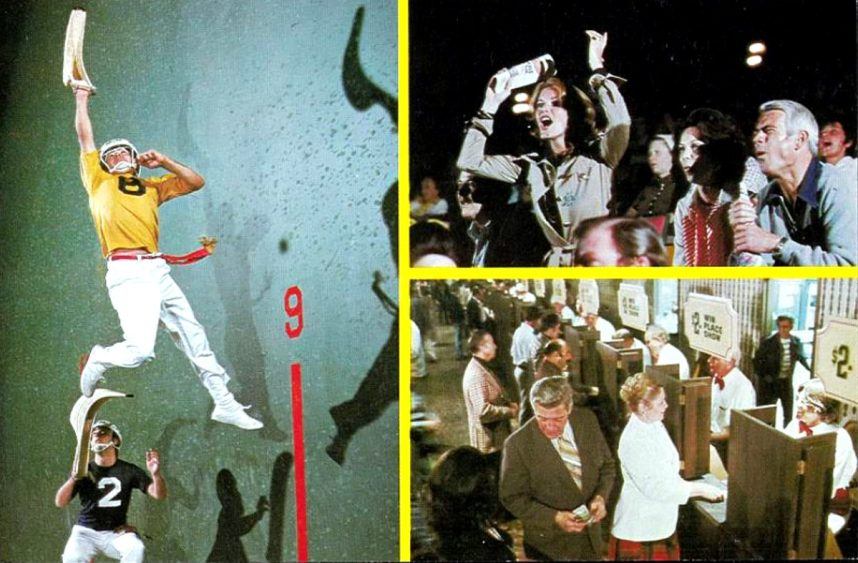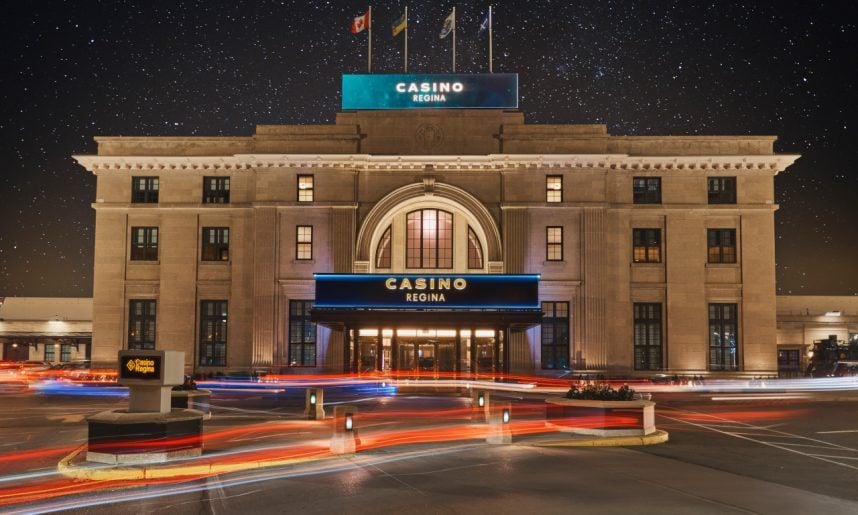Resorts World is pushing New York officials to reconsider the tax plan for the long-awaited downstate casino licenses. This has sparked a late-stage debate about how much operators should pay to enter the country’s most sought-after gaming market. Sources close to the talks say the company intends to claim that its current bid puts it at a big disadvantage compared to the other two remaining bidders.
Developers Seek Clarity on New York’s Evolving Tax Framework
The Queens property controlled by Malaysia’s Genting Group, caught analysts off guard this past fall when it offered to take on the biggest tax burden among the contenders. Its plan sets out a 56% rate on slot earnings and 30% on table games, taxes that would rank as some of the highest placed on any commercial casino in the US. In comparison, Hard Rock’s bid for a nearby venture linked to Mets owner Steve Cohen sticks to the lowest 25%, while Bally’s is asking for a 30% rate for its project in the Bronx.
People informed about Resorts World’s strategy said the company plans to tell the state that the gap is too big, hinting officials could either reduce its load or raise the rates for its competitors, reported Bloomberg. This change shows a new direction for Genting, which had earlier stressed that its big offer showed its dedication to the state and belief in the future success of a large-scale resort at its Aqueduct location.
New York’s gaming regulators are figuring out the money involved as they wrap up a process that has gone on for over ten years. The state wants the licenses to bring in steady cash at a time when officials are dealing with budget issues and thinking about changing taxes.
Unusual Tax-Rate Bidding Sparks Debate as New York Weighs Final Casino Proposals
Governor Kathy Hochul is looking at possible financial moves to handle expected shortfalls, which makes people pay more attention to what the casino bids say they will bring in.
Three bidders are left after local approval committees kicked out several early proposals, a unique first step that cut down the number before applications got to the state level. MGM’s surprise exit last month left the race with as many bidders as there are licenses up for grabs, though the people in charge do not have to give out all three.
Financial experts point out that letting applicants choose their own tax rates is uncommon and aimed at boosting income. However, some industry watchers caution that high fees might hurt an operator’s ability to put money into attractions and perks, which are crucial to keep a casino competitive in a crowded market.
As the Gaming Facility Location Board visits the suggested sites and gets ready to decide by early December, politicians express hopes for tax plans that will not need future changes. They stress that the state needs long-term stability, not a situation where a new casino comes back months later asking for help.

 2 hours ago
14
2 hours ago
14


















